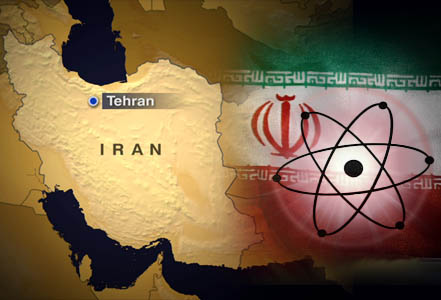Baku, Azerbaijan, April 11
By Aygun Badalova - Trend:
Nuclear agreement should help to ease political tensions between Iran and the rest of the world, Jason Tuvey, Middle East Economist at British economic research and consulting company Capital Economics said in a report obtained by Trend.
"Ayatollah Ali Khamenei, has stated that a nuclear agreement will not result in a full resumption of diplomatic ties with the US and its allies. Nonetheless, it would provide greater support to the Iranian regime's more moderate factions, which include current president, Hassan Rouhani," Tuvey said in a report.
Tehran and P5+1 (the US, UK, France, Russia, China, and Germany) reached a political framework for the ongoing nuclear talks on April 2.
The sides agreed that the operation of two-thirds of Iranian facilities for uranium enrichment will be suspended for 10 years. Moreover, Iran agreed to transfer all its uranium enrichment programs under the international control for the period of 25 years.
The P5 +1 and Iran intend to complete the preparation of the agreement on the nuclear program by June 30. This is while EU will lift the sanctions on Iran if the latter fulfills the reached agreements.
Tuvey said that of course, it is still not certain whether a more detailed agreement will actually be reached by June.
"The fact that the talks in Switzerland overran their deadline and that there are differing accounts of what was actually agreed suggests that there is a large divide to bridge before a final agreement can be signed and sealed, Tuvey said in a report. What's more, hardliners - both in Iran and in the US - might derail negotiations."
Nonetheless, the economist believes that with US elections around the corner and President Obama keen to leave a legacy of peace with Iran, combined with lower oil prices placing Iran's economy under increasing strain, it seems likely that both sides will be keen to reach an agreement sooner rather than later.
Previously, Iran's Supreme Leader Ayatollah Ali Khamenei has repeatedly said that Iran will not sign any nuke agreement with the P5+1 group, if all the sanctions are not lifted on the first day after the deal is signed.
On Apr.9 he said that what has been achieved so far doesn't guarantee neither the deal itself, nor the accomplished nuclear talks between between Iran and P5+1.
Aygun Badalova is Trend Agency's staff journalist, follow her on Twitter:@AygunBadalova






